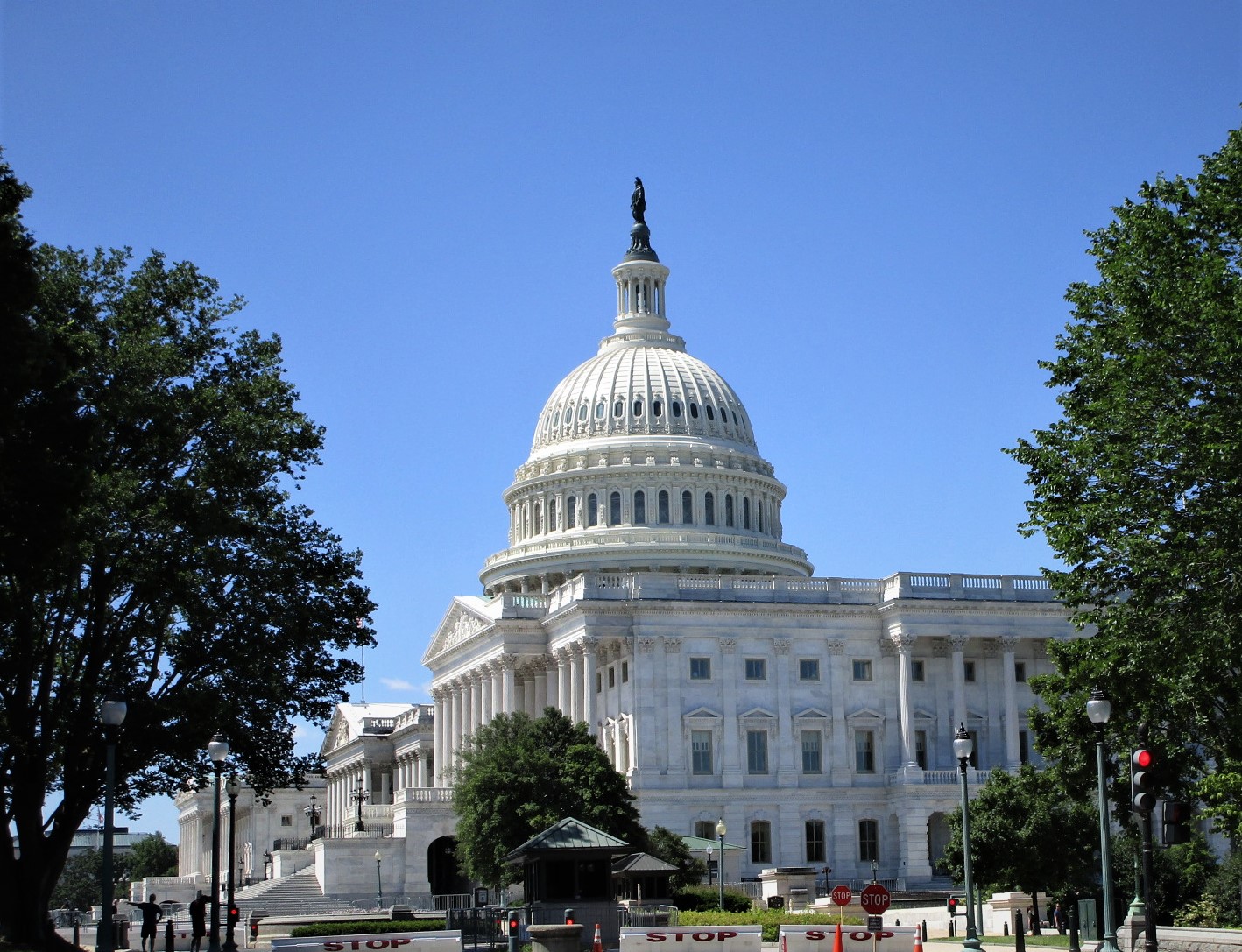CCA: Digital Divide Can't Close without Ubiquitous 5G
Said government should be putting more subsidies into mobile wireless

The smarter way to stay on top of broadcasting and cable industry. Sign up below
You are now subscribed
Your newsletter sign-up was successful
The Competitive Carriers Association, whose members include computer companies, said it will take $36 billion in private capital and government spending to close the 5G coverage divide and that the government needs to bake that into it universal broadband plans.
The White House has set a goal of universal broadband coverage and Commerce Secretary Gina Raimondo said this week that she thinks the $65 billion in broadband subsidies in the new infrastructure bill should get it done.
Also: Bill with Broadband Billions Passes
But the Biden Administration's broadband subsidy billions are focused on fiber. CCA president Steven K. Berry suggests that is all well and good, but he also says closing the digital divide will not be complete without access to 5G mobile connectivity. "The reality is that nationwide 5G availability is not inevitable for all Americans, particularly those in rural America," he said.
That is according to a new CCA-commissioned national cost model study from CostQuest.
Given all those billions targeted to wired broadband buildouts--CCA suggests the plan should be for the to create a FCC 5G Fund within its Universal Service Fund high-cost support mechanism to help fully close the digital divide.
The smarter way to stay on top of broadcasting and cable industry. Sign up below
Contributing editor John Eggerton has been an editor and/or writer on media regulation, legislation and policy for over four decades, including covering the FCC, FTC, Congress, the major media trade associations, and the federal courts. In addition to Multichannel News and Broadcasting + Cable, his work has appeared in Radio World, TV Technology, TV Fax, This Week in Consumer Electronics, Variety and the Encyclopedia Britannica.

